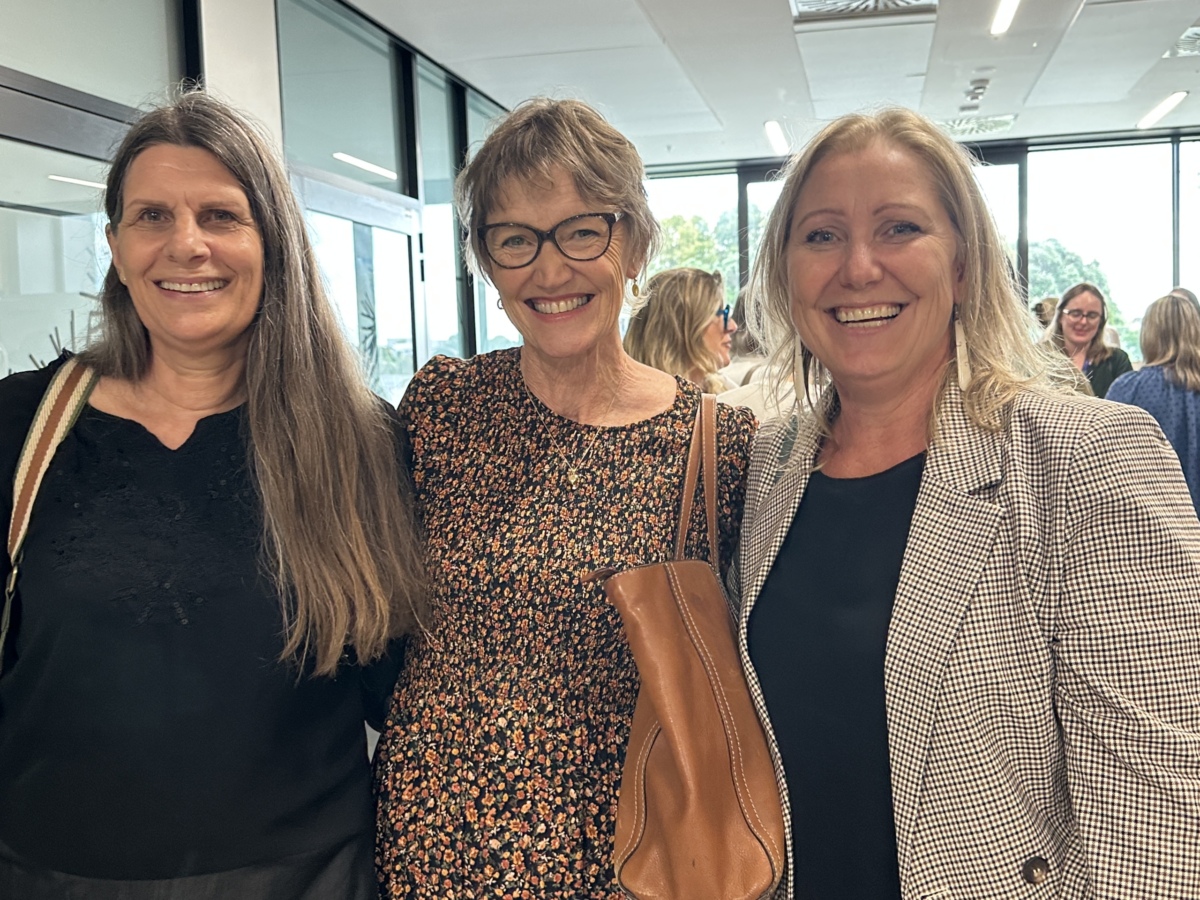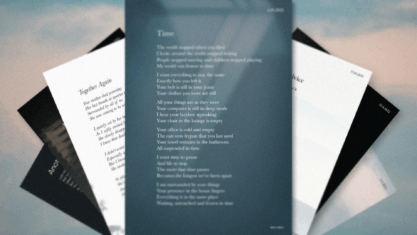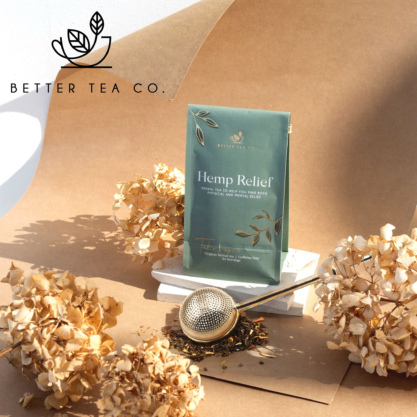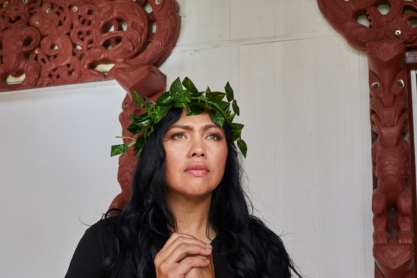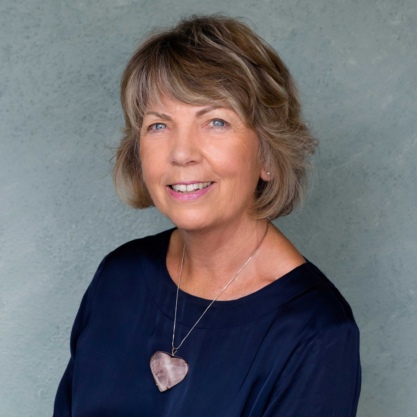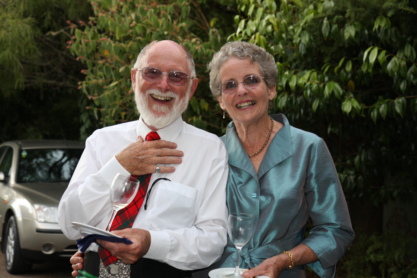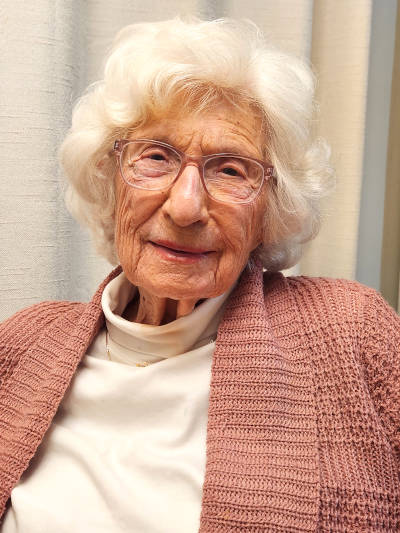Dr Kathryn Mannix’s Visit to New Zealand
I was privileged to hear Dr Kathryn Mannix speak last week.
It was her last public engagement in New Zealand after an extensive month-long tour across the country, supported by Hospice New Zealand, ANZSPM (Australia New Zealand Society of Palliative Medicine) and Radio New Zealand, among others.
Story by Katy Mandeno, Go With Grace Founder
The conversation I attended was at Whenua Pupuke at North Shore Hospital, aimed at palliative care professionals and End of Life Doulas, plus – as the poster said – “lots of space for interested members of the public, too”. I definitely fit into the third category and found it enlightening the way Kathryn wove stories of her experience in the medical field, with her learnings as “a retired writer”, in her words. She epitomised graciousness, making time to chat with many of us afterwards, when I can only imagine how exhausted she must have been after her month on the road around Aotearoa.
Her speaking engagements included everything from interviews with Jim Mora on RNZ and keynote speeches at the ANZSPM Hui to cafe drop-ins for members of the public, and over a dozen other talks at libraries, hospices, bookstores, Parliament, museums, hospital lectures and more.
The reason Kathryn visited so many different spaces and venues in the community is because what she was here to talk about – death and dying – affects us all. As well as many years caring for thousands of patients while working in palliative care, Kathryn has written some very special books, called Listen, and With the End in Mind. Listen tells beautiful stories about the importance of compassion, empathy and – as you may have guessed – the importance of listening. I would recommend it to everyone, for guidance and wisdom at any stage of life.
In attendance at North Shore Hospital were a number of medical professionals, who sought advice from Kathryn about how best to support families processing difficult news, such as a terminal diagnosis, or the likelihood that someone who has been rushed into an Emergency Department may die. Their concerns perfectly highlighted the need for, and importance of, compassionate communities, which are based on the foundation that end-of-life care is everybody’s responsibility, not just that of our health professionals.
One example Kathryn shares is about a father who was brought into ED by his two sons. The father had tried at different times to speak to them both about what he wanted to happen when he died, and to also seek support to update his will. Both times, his sons deferred his requests with a far-too-commonly heard: “You’ll be around forever, Dad, you don’t need to think about that”. Sadly, this isn’t true for any of us, and not having these conversations can cause additional stress for people who are dying, as they are anxious they don’t have important things in place or arrangements sorted for when they die. Additionally, it can be incredibly difficult if you are the one making all the decisions when someone dies, if you haven’t talked to them about what they wanted. Is this what they would have wanted? Am I honouring them in the right way? What if I get it wrong?
It was also interesting to hear stories from medical professionals about people’s responses to life-changing news and to hear Kathryn explain why we often aren’t willing or able to accept such information straight away. A woman who just found out her husband’s cancer was terminal, looked out the window and responded with, “Look love, there’s a cruise ship in the harbour. We need to book that cruise we’ve been talking about” – ignoring the fact that she’s just been told her husband will no longer be up for travel of any kind. Protecting her heart and her mind as her body goes into shock and disbelief…. the beginning of her grief journey.
Following Kathryn’s lecture, I am more committed than ever to supporting the growth of compassionate communities in Aotearoa. With our ageing population (over a million people in New Zealand will be aged 65 or older by 2028), we have no choice but to look to ourselves, rather than relying on medical professionals and rest homes, to care for our elders. We need to all share responsibility for end-of-life care and education, starting with having tender conversations about death and dying long before it is forced upon us, perhaps in an emergency department waiting room.
Go With Grace exists to support these conversations and to grow our knowledge and understanding of death and dying.
We are thrilled to be sharing this space with organisations like ELDAA (End of Life Doula Alliance Aotearoa) and it was lovely to see Treza Gallogly and Danielle Mahoney at Kathryn’s talk, as well as other friendly faces, such as Carol and Maria, from Honohono Tātou Katoa. What a beautiful and supportive community this is!
In order to help connect this community, Go With Grace is co-hosting the 2025 Compassionate Communities Aotearoa Hui, happening in Whangārei in May. I encourage everyone in this space to come along and join with a diverse group of health practitioners, hospices, carers, volunteers, whānau, palliative care specialists, doulas, community leaders, wellness providers, and more, to help guide and grow compassionate communities for Aotearoa.
Over two full days, you’ll hear powerful stories from people with lived experience, and others who have walked alongside and held space for these brave souls. Connected experiences will let you explore some of the many perspectives on ageing, death, dying, caring, and grieving. And you’ll have the opportunity to join meaningful hands-on workshops to deepen your understanding. You’ll also get the chance to build your own village of support – personally and professionally – as you help shape the future of compassionate communities in Aotearoa.
The hui culminates in a collective session where you will have the opportunity to contribute your ideas and experience to develop a framework for compassionate communities, including planning, resource development, funding and connecting with international partners. Bring your knowledge, your wisdom, your learnings and your passion to create better end-of-life care outcomes for our communities.
More resources from Kathryn’s New Zealand tour
